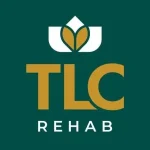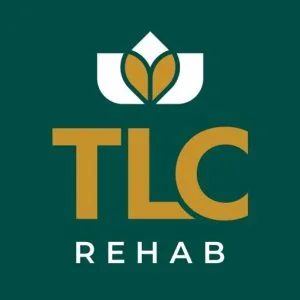Alcohol addiction is a formidable foe, but it’s a battle that can be won with the right support system in place. While professional treatment is essential, the role of family in alcohol addiction rehabilitation cannot be underestimated. Family plays a pivotal role in the recovery process, providing emotional, practical, and motivational support that can make all the difference in the journey towards sobriety.
1. Emotional Support:
One of the most critical ways family can help in alcohol addiction rehabilitation is by providing unwavering emotional support. Battling addiction can be a lonely and emotionally taxing experience. Family members can offer a safe space for individuals to express their feelings, fears, and anxieties without judgment. Their love, empathy, and understanding can provide the emotional stability needed to stay committed to the recovery journey.
2. Encouragement and Motivation:
Recovery from alcohol addiction is a challenging and ongoing process. Family members can be a powerful source of motivation and encouragement. Their belief in the individual’s ability to overcome addiction can boost self-esteem and determination. Simple acts of praise and recognition for milestones achieved can be incredibly motivating.
3. Accountability:
Family members can help maintain accountability in the recovery process. By setting boundaries and expectations, they can help the individual in recovery stay on track. Knowing that their actions affect not only themselves but also their loved ones can be a powerful motivator to stay sober.
4. Creating a Sober Environment:
Families can play an active role in creating a sober and supportive living environment. This may involve removing alcohol from the home, encouraging healthy activities, and fostering positive social connections. By making the home a safe and alcohol-free space, family members contribute significantly to the individual’s recovery.
5. Involvement in Therapy and Counseling:
Family therapy and counseling sessions can be incredibly beneficial in alcohol addiction rehabilitation. These sessions can help family members understand the challenges their loved one is facing and learn how to provide effective support. It can also address any underlying family dynamics that may have contributed to the addiction in the first place.
6. Relapse Prevention:
Relapse is a real concern during the recovery process. Family members can play a crucial role in relapse prevention by recognizing warning signs and intervening when necessary. Their support and vigilance can help the individual navigate triggers and temptations.
7. Celebrating Progress:
Recovery is not just about abstinence; it’s also about personal growth and positive change. Family members can celebrate even small victories with their loved ones in recovery. These celebrations serve as reminders of how far the individual has come and can boost their confidence and determination.
In conclusion, family plays an indispensable role in alcohol addiction rehabilitation. Their emotional support, encouragement, and active involvement can significantly improve the chances of successful recovery. Addiction is a formidable opponent, but with the strength and love of family, individuals can find the motivation and resilience needed to reclaim their lives from the grip of alcohol addiction. Family is not just a support system; they are an essential part of the healing process.

